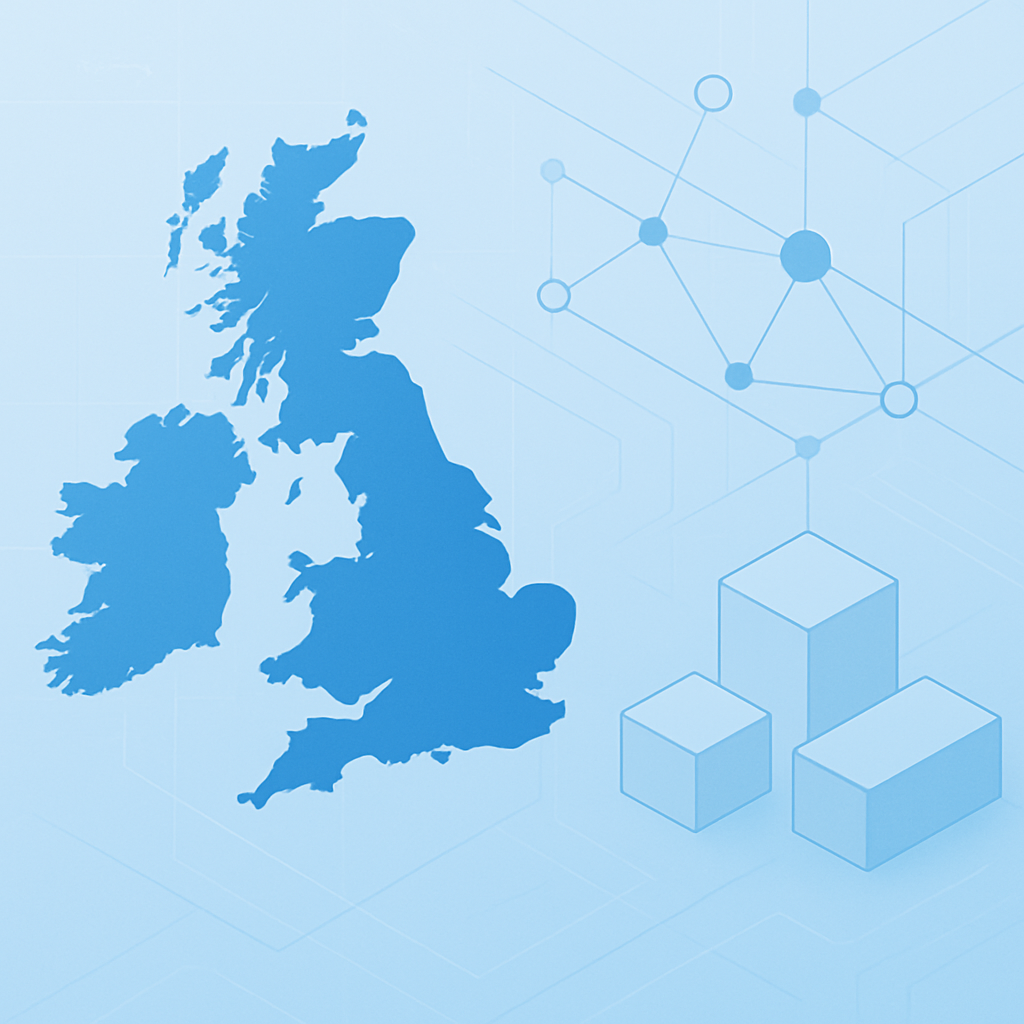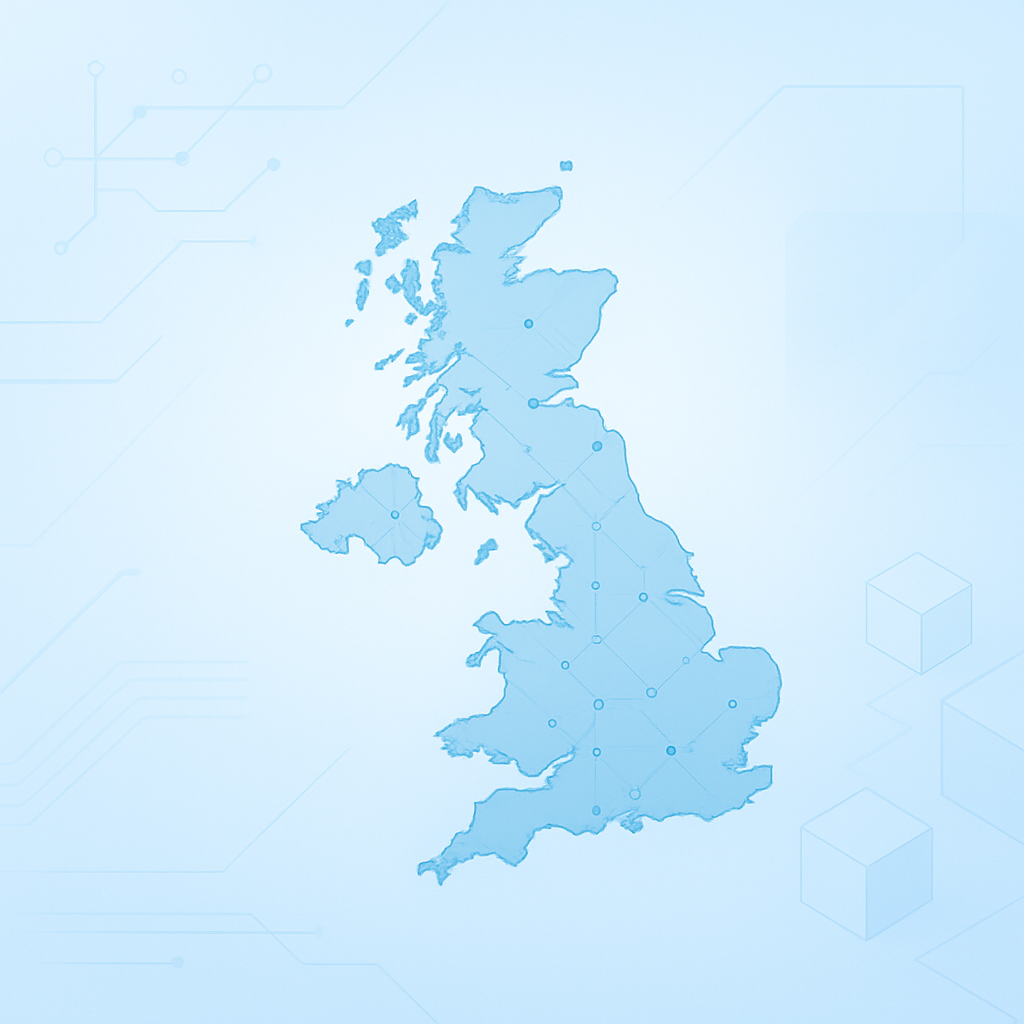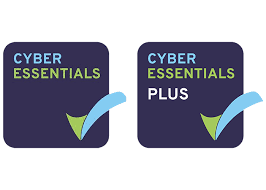Data Backup for Business — The Complete Guide to Protecting Your Company’s Data
Every business today runs on data — from customer details and financial records to project files and email communications. Yet too many companies still treat data backup as an afterthought, assuming disaster will never strike.
The truth is, whether it’s a cyberattack, accidental deletion, or hardware failure, data loss is only ever one click away.
In this guide, we’ll break down exactly how data backup works, why it’s vital for every business, and the step-by-step approach to building a reliable, compliant backup strategy.
Step 1: Why Data Backup Is Essential for Business
Without reliable backup, your business is always one incident away from chaos.
The leading causes of data loss include:
-
Ransomware and cyberattacks – encrypt or destroy critical files
-
Human error – accidental deletion or overwriting of files
-
Hardware failure – server crashes, disk corruption, power surges
-
Software bugs or updates gone wrong
-
Natural disasters – fire, flood, or theft affecting on-site systems
According to the UK’s Information Commissioner’s Office (ICO), over 30% of reported data breaches involve loss or corruption of data.
A proper backup strategy ensures that even if disaster hits, your data — and your business — can recover quickly.
Step 2: Understanding How Data Backup Works
At its simplest, data backup means creating secure copies of your files and systems so they can be restored later if lost.
But modern backup systems go far beyond simple file copies.
The three basic principles of backup (the 3-2-1 rule):
-
Keep 3 copies of your data — the original and two backups.
-
Store on 2 different types of media — e.g., cloud and local storage.
-
Keep 1 copy off-site — to protect against physical damage or theft.
This ensures redundancy, resilience, and recoverability in any scenario.
Step 3: Types of Business Data Backup
| Type | Description | Pros | Cons |
|---|---|---|---|
| Local Backup | Data stored on external drives, NAS devices, or local servers. | Fast to restore, cost-effective. | Vulnerable to fire, theft, or ransomware. |
| Cloud Backup | Data encrypted and stored securely online. | Off-site protection, accessible anywhere, automated. | Relies on internet connectivity. |
| Hybrid Backup | Combines local speed with cloud safety. | Best of both worlds — quick recovery + disaster protection. | Slightly higher cost. |
| Image-Based Backup | Captures a full system snapshot (not just files). | Enables full system restoration after failure. | Requires more storage. |
For most SMEs, a hybrid backup strategy (local + cloud) offers the best protection against every risk scenario.
Step 4: Key Components of a Business Backup Strategy
1. Automated Backups
Eliminate human error. Schedule daily or hourly backups of all critical systems.
2. Encryption and Security
Ensure backups are encrypted both in transit and at rest. This keeps sensitive data safe even if storage is compromised.
3. Versioning
Keep multiple versions of files to roll back if data is corrupted or infected.
4. Testing and Verification
A backup is only as good as its recovery. Test regularly to ensure your data can be restored successfully.
5. Disaster Recovery (DR) Integration
Backup alone isn’t enough — you need a DR plan detailing how quickly systems will be back online (your Recovery Time Objective and Recovery Point Objective).
Step 5: Managed Backup Services — Why They Matter
Many SMEs assume cloud storage like OneDrive or Dropbox counts as backup — it doesn’t.
Those tools sync changes (including deletions), meaning lost or encrypted files often stay lost.
A managed backup service gives your business professional oversight and full protection:
-
Continuous 24/7 backup monitoring
-
Automated versioning and retention policies
-
Off-site encrypted cloud storage
-
Rapid file or full-system recovery
-
Ransomware-resilient backups (immutable copies)
-
Integration with compliance frameworks such as Cyber Essentials and ISO 27001
Providers like Aurora Tech Support
handle all of this for you — ensuring your data is safe, compliant, and recoverable without you needing to lift a finger.
Step 6: The Cost of Business Backup
Data backup is one of the most affordable forms of insurance your business can buy.
Typical pricing depends on storage volume and retention period, but most SMEs can expect:
| Business Size | Typical Monthly Cost | Includes |
|---|---|---|
| 1–5 Users | £50–£150 | Cloud backup, versioning, monitoring |
| 6–15 Users | £150–£300 | Hybrid backup, DR testing, reports |
| 16–30 Users | £300–£600 | Full system image backup, recovery SLA |
| 30+ Users | £600+ | Enterprise-grade DR, site replication |
When you consider the average cost of data loss exceeds £25,000 per incident, proactive backup is a no-brainer.
Step 7: How to Implement a Reliable Backup Plan
-
Audit your data – Identify where critical information resides.
-
Choose your backup frequency – hourly, daily, or continuous.
-
Select a trusted provider – look for one with proven experience in managed backup and recovery.
-
Encrypt and test your backups – never assume they work; confirm it.
-
Document your recovery plan – so everyone knows what to do when needed.
Aurora Tech Support can handle all of this for you — from setup to testing — ensuring your business data is secure and recoverable at all times.
Step 8: Common Mistakes to Avoid
-
Relying solely on cloud sync (OneDrive/Google Drive)
-
Storing backups on the same network as live data
-
Failing to encrypt backups
-
Never testing restores
-
Ignoring compliance and retention policies
Avoid these and your business can recover from almost anything.
Conclusion: Backup Isn’t Optional — It’s Business Critical
Every file, every database, every customer record has value. Losing it can cost time, reputation, and revenue.
A professional data backup for business solution ensures that your data is:
-
Encrypted, redundant, and secure
-
Automatically backed up off-site
-
Fully recoverable — fast
Whether you’re a five-person firm or a growing enterprise, Aurora Tech Support offers managed, cloud-based, and hybrid backup solutions tailored to UK businesses.
Get your data protected today — visit Aurora Tech Support – IT Support Leeds to book a free backup and recovery audit.







